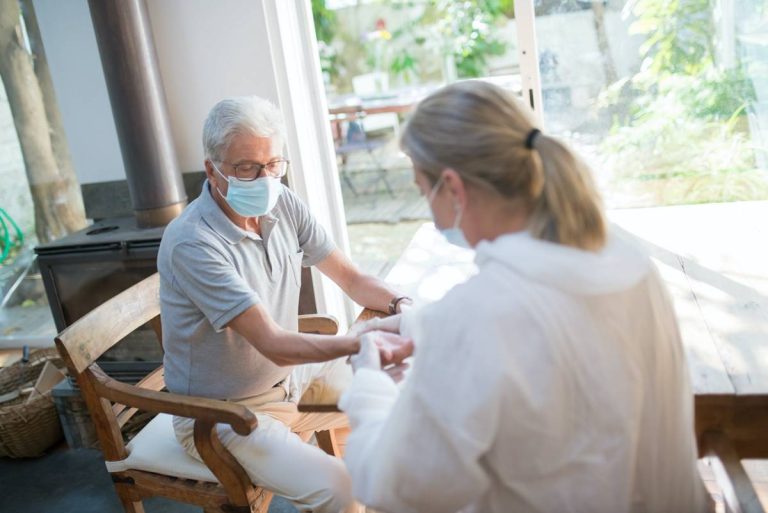Regular health checkups, also known as medical checkups or routine screenings, are an essential component of elderly care. These health checkups play a pivotal role in monitoring the well-being of seniors and identifying potential health issues before they escalate into more serious problems. We will explore the significance of regular health checkups for the elderly, the various screenings and tests involved, and their role in maintaining good health and preventing chronic diseases.
The Importance of Regular Health Checkups
Regular health checkups are a cornerstone of preventive care. They help in early detection and intervention, reducing the risk of health issues worsening over time. These checkups also aid in the early detection of health issues by conducting a battery of screening tests, often identifying potential problems before they become symptomatic. For conditions like heart disease, diabetes, and cancer, regular checkups help in managing these diseases and preventing complications. Blood pressure and heart health monitoring are crucial, as heart disease is a leading cause of mortality among the elderly. Health checkup packages often include cancer screenings for breast, prostate, colorectal, and skin cancer, ensuring early detection for successful treatment. For seniors with diabetes, regular health checkups assist in managing blood sugar levels and preventing complications. These comprehensive health assessments take into account medical history and risk factors.
The Components of a Regular Health Checkup
A regular health checkup typically includes a physical exam by a primary care physician, who examines the patient’s general health, vital signs, overall appearance, and any noticeable health issues. Blood tests are conducted to check various markers such as cholesterol levels, blood sugar (for diabetes), and indicators of organ function. Seniors may receive screenings for breast cancer, prostate cancer, or colonoscopy, depending on their age and risk factors. Regular monitoring of blood pressure is crucial for managing heart health, and dermatological screenings can detect skin cancer early. Additionally, a review of the patient’s medical history, medications, and any ongoing health concerns is a crucial part of these checkups.
Incorporating regular health checkups into elderly care is a proactive approach to maintaining good health and addressing any underlying health issues promptly. These checkups are instrumental in preventing chronic diseases, managing existing conditions, and ensuring a high quality of life for seniors. In collaboration with primary care physicians and healthcare providers, regular health checkups contribute to the overall well-being of the elderly, providing them with peace of mind and a path to good health in their golden years. Don’t underestimate the importance of these routine checkups; they are your first line of defense in the battle for good health. Remember, a little effort today can lead to a healthier and happier tomorrow, especially with St. Louis home care.






